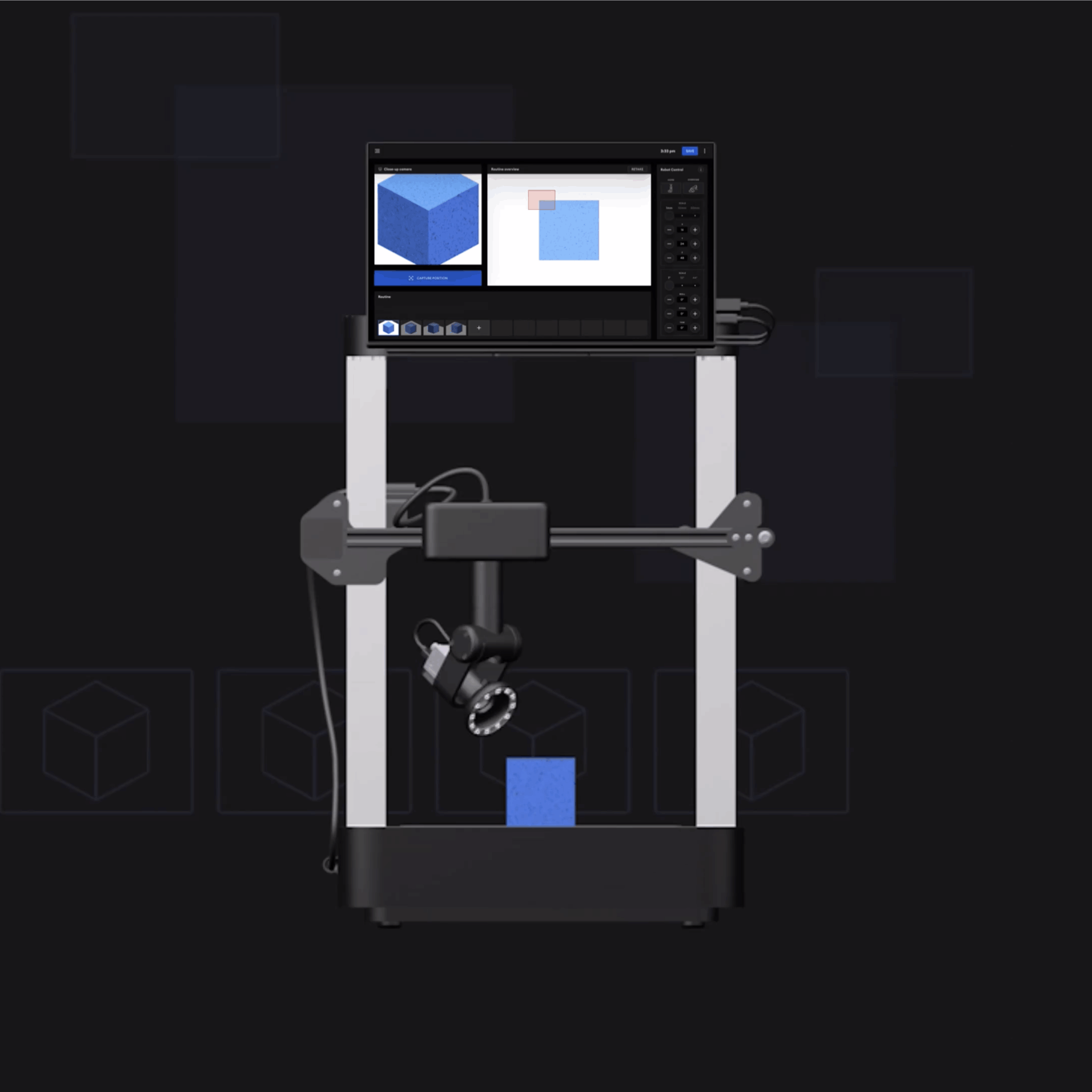Prior to manufacturers releasing their products for sale, the goods have to go through a process of quality inspection during which inspectors assiduously make sure the items are in good shape and meet the necessary standards.
During the process, the inspectors can detect various defects ranging from cracked screens on phones, scratched logos on TVs or paint that’s off on cars.
“Generally, what we hear in the industry is that humans at best are 80% accurate,” Arye Barnehama, a 30 under 30 honoree from this year’s manufacturing and industry list, says.
“There’s a lot of tasks that are very human-driven, someone has to pick up a part, hold it under a microscope and look at it repeatedly all day every day to find possible defects.”
So, what Barnehama decided to do was start a company where robots, with the help of machine learning, would be able to learn how to inspect something like a human.
The company called Elementary Robotics, created in 2017, today came out of stealth mode and announced a $12.7 million Series A funding round led by Threshold Ventures (formerly DFJ), with participation from existing investors Fika Ventures, Fathom Capital, Ubiquity Ventures and Toyota AI Ventures.
In the simplest terms Elementary Robotics is using robots to visually inspect physical goods for defects. The solutions that the company offers include transition to a full inspection as opposed to previous sample-based one, remote visibility into quality and production lines, automation of the inspection process and flagging defects, as well as standardization of inspection tasks.
“There’s a lot of subjectivity in the decision, so we are taking that subjectivity and training the machine learning model where you know what you’re doing to get, you know what’s going to be passed and what’s going to be failed,” Barnehama, who serves as the CEO of the company, says. “It’s not only automating tasks that are repetitive and difficult, but also finding more consistent inspection results and turning it into less of a guessing game.”
The way the company makes money is by selling the robots and also the software. Its clients vary from automotive manufacturing (Toyota Motor Manufacturing Indiana is one), to defense and military manufacturing to aerospace and logistics.
Mo Islam, a partner at Threshold Ventures that lead the round (and also 30 under 30 venture capital honoree) wrote in a statement that the VC firm was impressed with Elementary’s true software-first approach.
“Elementary Robotics is one of a handful of “new wave” intelligent automation companies contending that the application of AI and robotics will enable a novel set of functions that legacy providers are ill-equipped to address,” Islam wrote.
Elementary Robotics is the second company Barnehama has started. Earlier in his career, while he was still a student at Pomona College studying Cognitive Science, he cofounded Melon, an EEG tracking headband company. After getting his first investor Barnehama dropped out of school, and eventually sold Melon to AR enterprise DAQRI where he ended up working as head of design.
His latest venture, the L.A. – based Elementary Robotics, currently employs 25 people and had previously raised $4.8 million, for a total of $17.5 million invested in the company.



